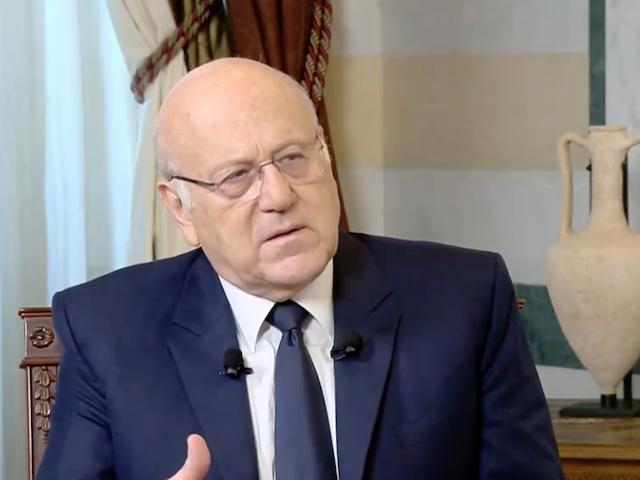Lebanese Prime Minister Najib Mikati recently reinforced his commitment to seeking a diplomatic resolution to the ongoing tensions along the Lebanon-Israel border. In a statement to local media, Mikati underlined Lebanon's aspiration for enduring peace and its willingness to engage in discussions aimed at achieving lasting stability in the region.
Mikati acknowledged Lebanon's readiness to adhere to United Nations Resolution 1701, set in 2006, which mandates an end to the hostilities between Hezbollah and the Israeli army and calls for Israeli forces to withdraw from Lebanon. He, however, conditioned Lebanon's compliance on assurances against continued Israeli actions that Lebanon perceives as aggressive.
Lebanese Prime Minister Najib Mikati Engages in Talks with Catholicos Aram I on Lebanon’s Critical Concernshttps://t.co/lQf8O9BKPp#lebanese #primeminister #najibmikati #cilicia #catholicos #panorthodoxy #geopolitical #ocpsociety
— OCP®Tweets (@ocptweets) January 9, 2024
This development occurs amidst reports of Israeli artillery targeting several villages in southern Lebanon, including Tayr Harfa, Houla, and Yarine. Simultaneously, Hezbollah has claimed responsibility for attacks on various Israeli locations, such as Ruwaisat Al-Alam in the Shebaa Farms, the moshav Shtula in northern Israel, and Jal-Al-Alam.
Hezbollah earlier reported the deaths of a high-ranking commander and another member due to an Israeli drone strike in Khirbet Selm, a southern Lebanese village. Since October 8, 2023, the Lebanon-Israel border has witnessed heightened tensions, following Hezbollah rocket attacks on Israel in retaliation for Hamas-led actions in southern Israel on October 7. Lebanese security sources report that the recent clashes have resulted in significant casualties.
In response, Israel has raised concerns about the potential outbreak of another conflict in the region. This follows Hezbollah's attack on an Israeli air base and Israel's counteraction, which resulted in the death of a senior Hezbollah commander.
"Lebanese Prime Minister Najib Mikati told local news outlet Alhurra on Monday that Beirut is “working on a diplomatic solution for the situation in southern Lebanon.” Mikati also added that the solution may also “deal with stopping the war in the Gaza Strip.”" (Ynet)
— OOWLIEOWL (@oowlieowl) January 8, 2024
Israeli Col. Herzi Halevi emphasized the Israeli Defense Force's escalating measures against Hezbollah, highlighting the ongoing rocket attacks by Hezbollah along Israel's northern border. Israeli Prime Minister Benjamin Netanyahu emphasized the nation's resolve to defend its citizens and restore normalcy in the northern regions.
The IDF's recent airstrike resulted in the death of Wissam Hassan al-Tawil, a high-ranking figure in Hezbollah's Radwan force. This strike was described by Lebanese security forces as significant and potentially escalatory. However, the IDF explained that the strike targeted Hezbollah infrastructure in response to approximately 40 rockets fired into Israel and an attack on its air traffic control base.
Netanyahu has indicated Israel's preparedness for a broader conflict with Hezbollah if necessary, citing Israel's recent military actions against Hamas in Gaza as a precedent.
Israel has taken out Hezbollah commander Wissam Hassan al-Tawil in Beirut, Lebanon. pic.twitter.com/1ujbWRuPKS
— Harris Sultan (@TheHarrisSultan) January 9, 2024
Hezbollah has declared the attack on the Israeli air base a preliminary response to an earlier airstrike in Beirut, which claimed the life of their deputy political leader. Hezbollah's secretary-general, Sayyed Hassan Nasrallah, cautioned Israel against initiating a full-scale conflict.
Additionally, Lebanese Prime Minister Najib Mikati accused Israel of attempting to draw Lebanon further into war. Nasser Kanaani, representing Iran's foreign ministry – a supporter of both Hamas and Hezbollah – stated that these events would further fuel resistance against Israel not only in Palestine but across the region and among freedom-seekers globally.


